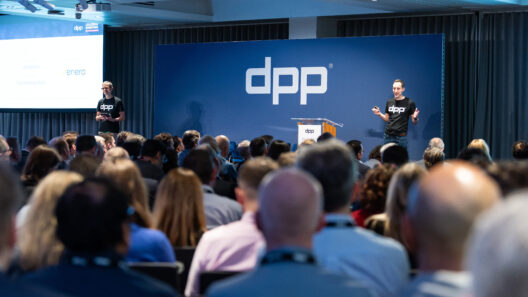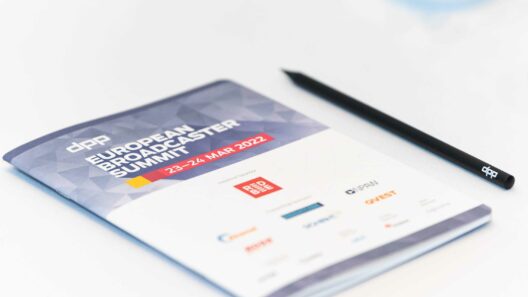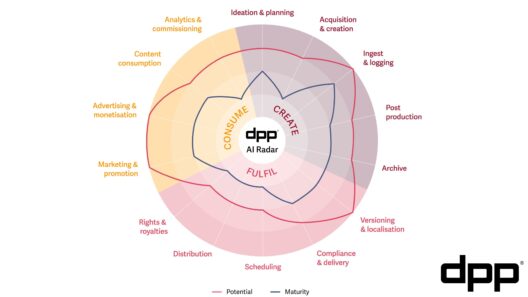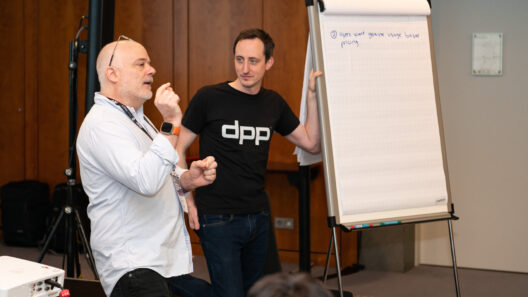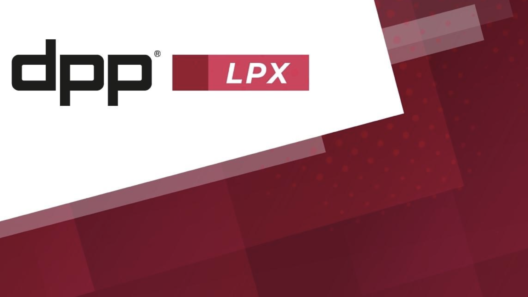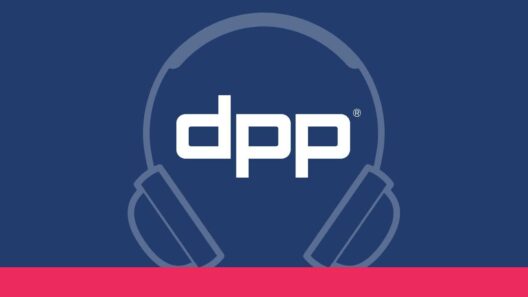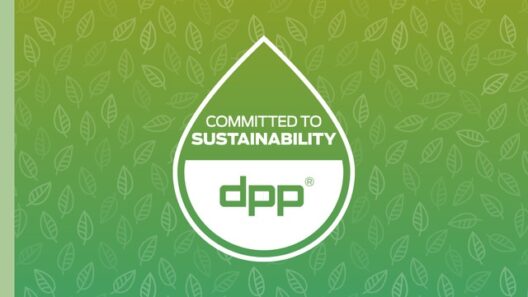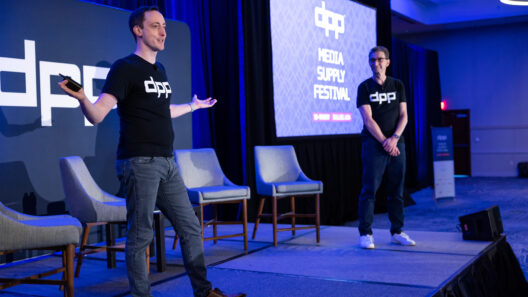TV and Online advertising have started to converge over the last few years, with the growth of new addressable TV technologies such as Video on Demand, Dynamic Ad Insertion and of course, Sky AdSmart, which means that TV viewers no longer always see the same ads. What does this mean for TV ad sales and operations teams?
Workflow Opportunities
In a nutshell, TV sales houses need to process more ad assets than ever before – and do so effectively and efficiently. This involves everything from getting the ad from the advertiser or agency, through to quality control and compliance checking – and finally scheduling and trafficking these ads to ensure they show to the right viewer at the right time.
More ads mean more work for operations teams, more complexity – and more scope for human error! IMF (“Interoperable Master Format”) for Advertising is a working group setup by the DPP to explore how standardising the file formats – and critically the metadata – used within the TV ad ecosystem can better support the growth of IP delivered TV advertising.
But this isn’t just about making the lives of operations teams easier. Specifying some of the metadata more tightly around compliance requirements opens up the possibility for more streamlined and automated trading of TV ad slots.
Commercial Opportunities
Some examples of the necessary metadata to unlock this opportunity include where to store and verify the compliance ID (e.g. Clearcast Clock ID for the UK, Ad-ID for the US), or agreeing how to handle asset categorisation to stop two adverts of the same category (e.g. two car ads, two mobile phone ads, etc.) showing in the same break, another requirement of many UK broadcasters.
Having an agreed workflow in the ecosystem can allow this important metadata to be captured once, as early as possible in the production, compliance and delivery process, such that it can be used to make more intelligent ad placement decisions, as well as to reduce the risk of compliance failure. And this intelligence can drive more yield for broadcasters, as they will now be able to open up some slots to advertisers programmatically, safe in the knowledge that all assets will be approved and verified – and all local compliance rules will be respected.
As well as helping to bring more advertisers to TV (including local businesses such as car dealerships and restaurants, or niche brands such as luxury goods), this will enhance the experience for viewers with more relevant advertising (driving yield even further), but preserving the TV experience that people know and love.
Extending IMF to better support advertising use cases can help to realise these commercial opportunities more quickly and at a lower cost for all members of the TV advertising ecosystem. And as an extra benefit, your operations team won’t go crazy.
Get involved
Please contact Rowan if you would like to participate in our IMF work, or to learn about the benefits of DPP membership.
